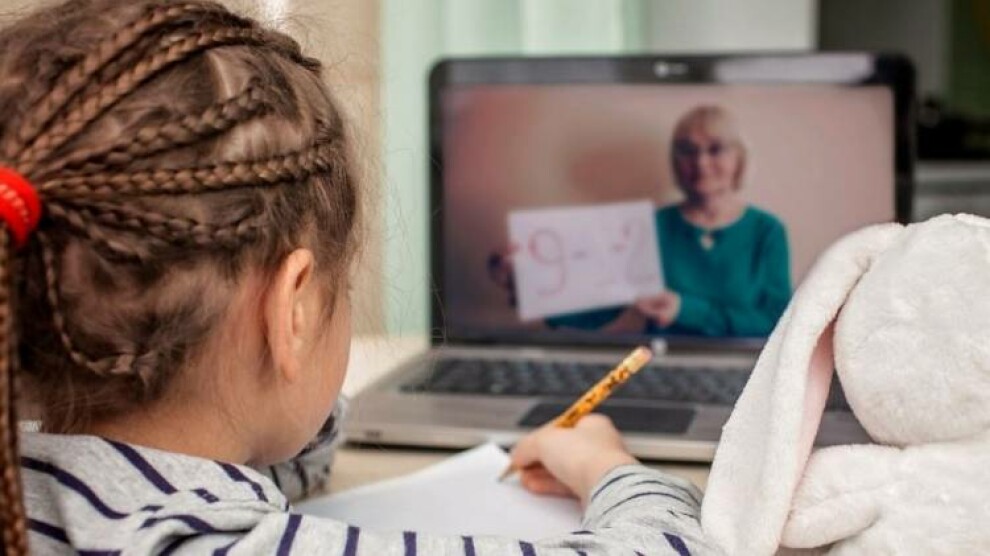Online threat: online harassment

During the pandemic, people across the world have been stuck indoors. The usage of the internet and social media increases. But there is an increasing thing; online harassment against women and children!
News Center- Social media usage is increasing rapidly all around the world. During the pandemic, a significant majority of people, including children mostly because of online education, have spent their days online. For this reason, experts put the usage of social media to the list of threatened areas.
It is stated that women and children, stuck indoors due to the Covit-19 pandemic have been subjected to online harassment and abuse. Since the beginning of the pandemic, studies have been conducted to reveal this alarming fact.
76% of people being subjected to cyberharassment or online harassment in the world are women and 58 percent of people being subjected to them in Turkey are women.
Women are harassed
Women are 2 times more likely to be harassed by strangers on social media than men. Women are twice times more likely to be harassed on social media by strangers than men and women are eight times more likely to be harassed by their relatives than men. According to the Turkish Statistical Institute (Türkiye İstatistik Kurumu- TÜİK), the rate of the cases of child sexual abuse in Turkey from 2008 to 2020 increased by 400%. The children’s social media usage causes this increase.
Abuse and harassment driving women off social media platforms
Plan International conducted a global survey on online violence and according to this survey, many girls and women worldwide have subjected to online harassment. Girls and women living in 22 countries participated in the survey. The women and girls say they have been harassed or abused online. They report the harassment but no action is taken despite the complaints. As a result, women have left or significantly reduced use of a social media platform or changed the way they express themselves after being harassed. Attacks are most common on Facebook.
The most common type of attack is abusive and insulting language, purposeful embarrassment, body shaming, and threats of sexual violence. In 2018, the UN's special rapporteur on violence against women called on governments to form new laws that would specifically protect women against violence on social media platforms. But we see that there are still not enough regulations today. Moreover, attention is drawn to the increase in cases during the pandemic. Particularly, children taking online lessons are not safe online.
